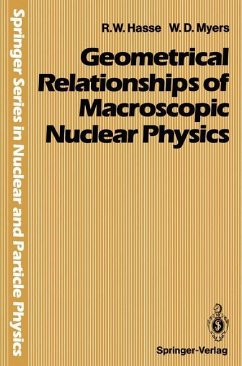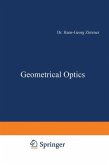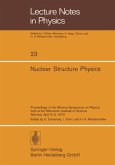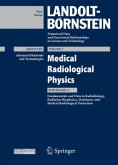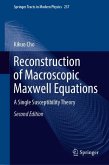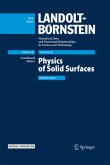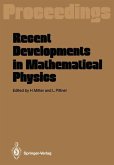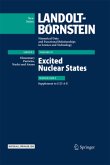The aim of this book is to provide a single reference source for the wealth of geometrical formulae and relationships that have proven useful in the descrip tion of atomic nuclei and nuclear processes. While many of the sections may be useful to students and instructors it is not a text book but rather a reference book for experimentalists and theoreticians working in this field. In addition the authors have avoided critical assessment of the material presented except, of course, by variations in emphasis. The whole field of macroscopic (or Liquid Drop Model) nuclear physics has its origins in such early works as [Weizsacker 35] and [Bohr 39]. It continued to grow because of its success in explaining collective nuclear excitations [Bohr 52] and fission (see the series of papers culminating in [Cohen 62]). These develop ments correspond to the first maximum in the histogram below, showing the distribution by year of the articles cited in our Bibliography. After the Liquid Drop Model had been worked out in some detail the development of the Struti nsky approach [Strutinsky 68] (which associates single particle contributions to the binding energy with the shape of the nucleus) gave new life to the field. The growth of interest in heavy-ion reaction studies has also contributed.
Hinweis: Dieser Artikel kann nur an eine deutsche Lieferadresse ausgeliefert werden.
Hinweis: Dieser Artikel kann nur an eine deutsche Lieferadresse ausgeliefert werden.

